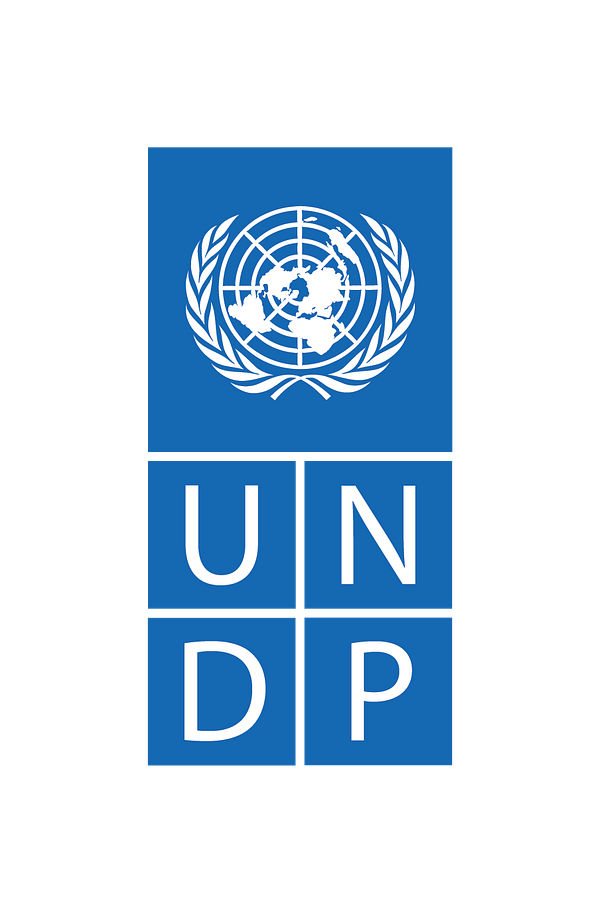Pressemelding -
Hope in Action: Open-Source Innovations for Information Integrity
Digital Public Good Alliance, UNDP announce results of call to tackle global information crisis
Washington, 24 May 2023—The Digital Public Goods Alliance (DPGA) and United Nations Development Programme (UNDP) today announced results of a global campaign to identify promising open-source solutions to the global information crisis, recognizing nine initiatives from around the world.
A panel of experts from academia, technology, civil society, public policy, and the private sector chose nine solutions based on adaptability, scalability, and potential impact from 99 total submissions, following an open call in February. All will be showcased at the Nobel Prize Summit in Washington, DC, 24-26 May, and receive US$5,000.
“Information pollution isn’t new, but its current speed and virality are unprecedented. It can directly threaten democracy, peace, and progress, especially in a crisis context, but only if we let it,” UNDP Administrator Achim Steiner said. “These selected solutions represent an important step toward harnessing the enormous power of digital technologies for good while containing their potential harm.”
“These selected solutions demonstrate the power of open-source innovation in addressing the challenges of information pollution,” DPGA Secretariat Co-Lead Liv Marte Nordhaug said. “By empowering individuals, organizations, and communities, we can foster a more informed and resilient information ecosystem.”
Information pollution distorts facts, erodes trust, and harms democracy and human rights. In countries with weak governance systems, conflicts, or crises, misinformation can have even more devastating effects.
“Information pollution exacerbates societal divides in communities across the world,” according to Helena Puig Larrauri, a developer of one of the successful submissions, the peace-building application Phoenix. “We have to make tools that are usable by any local peace group and can support digital media analysis in the communities and languages they think are important. The open-source model is key to this.”
The selected solutions address information pollution through various approaches, ranging from combating deepfake videos and analysing online news media to verifying crowdsourced data, monitoring tech companies' legal terms, improving access to government policies, and understanding how digital technologies affect societal conflicts.
This initiative, which aims to advance the Nobel Prize Summit theme of “Truth, Trust, and Hope,” was made possible with support from Omidyar Network, Craig Newmark Philanthropies, and the Government of Norway.
Open-source tools offer distinct advantages in addressing information pollution. They allow transparency, collaboration, and easy adoption and adaptation to meet specific contextual needs. DPGA and UNDP will showcase the following solutions at the Nobel Prize Summit:
- Ad Observatory: Enhancing transparency in digital political advertising on Facebook during elections and shedding light on political advertising practices. Ad Observatory has been utilised by journalists from major US news outlets in 2020 and 2022, helping inform readers about digital advertising in elections, uncovering spending patterns, and calling out misleading ads.
- DeepFake Fingerprint: Developing a unique identity fingerprint for individuals using audio-visual content for authentication and verification. Selected in the “concept” category and led by researchers at University of California-Berkeley, DeepFake Fingerprint is under development as a research methodology to provide a unique fingerprint for any person using only a short snippet of content
- Feluda: Addressing misinformation and disinformation on social media, particularly in India’s regional languages, through multimodal analysis of native multimedia content. Feluda can conduct image and video searches on Indian fact-checking sites, generate analytical reports on content circulating on platforms such as WhatsApp, and answer questions such as what themes are present in a multimodal dataset.
- Media Cloud: Providing access to a vast repository of online news media content and analysis from around the world to combat disinformation. Media Cloud’s user base includes academics, journalists, independent researchers, and non-profits. It recently developed a search interface that allows users to explore content from platforms such as Twitter, Reddit, and YouTube.
- Open Terms Archive: Publicly archiving and highlighting changes in online service terms and conditions to ensure better protection against misinformation. Open Terms Archive is seeking funders to help leverage crowdsourcing to track terms of generative AI services.
- Phoenix: Scraping and organizing digital content to provide peacebuilders a deep understanding of digital media divisions and their real-world consequences for conflict resolution. This allows detailed analysis of digital conflicts and generates actionable insights that humanitarians can use in decision-making.
- Querido Diario: Collecting, processing, and openly sharing official decision-making acts throughout Brazil's cities to promote accountability and counter false narratives. Launched more than a year ago, it has grown into a comprehensive repository with more than 180,000 files and is continuously updated.
- RegretsReporter: Empowering users to contest problematic recommendations in YouTube's algorithm. RegretsReporter, developed by the Mozilla Foundation, has powered research and investigations cited in European regulations, US Supreme Court cases, and shareholder resolutions aimed at holding YouTube accountable.
-
Ushahidi: Ensuring information integrity in critical situations through an integrated data crowdsourcing and mapping platform with proven success in responding to the needs of humanitarian disasters and elections.
Learn more about this global campaign and selected solutions here.
UNDP Contact and Media Enquirers: Emilie Andresen, emilie.andresen@undp.org TLF: 0047 46463687
UNDP samarbeider med mennesker på alle nivåer i samfunnet for å bidra til å bygge nasjoner som tåler kriser, og drive og opprettholde den typen vekst som forbedrer livskvaliteten for alle. I mer enn 170 land, tilbyr vi et globalt perspektiv med lokal innsikt som bidrar til å styrke liv og bygge motstandsdyktige nasjoner.
